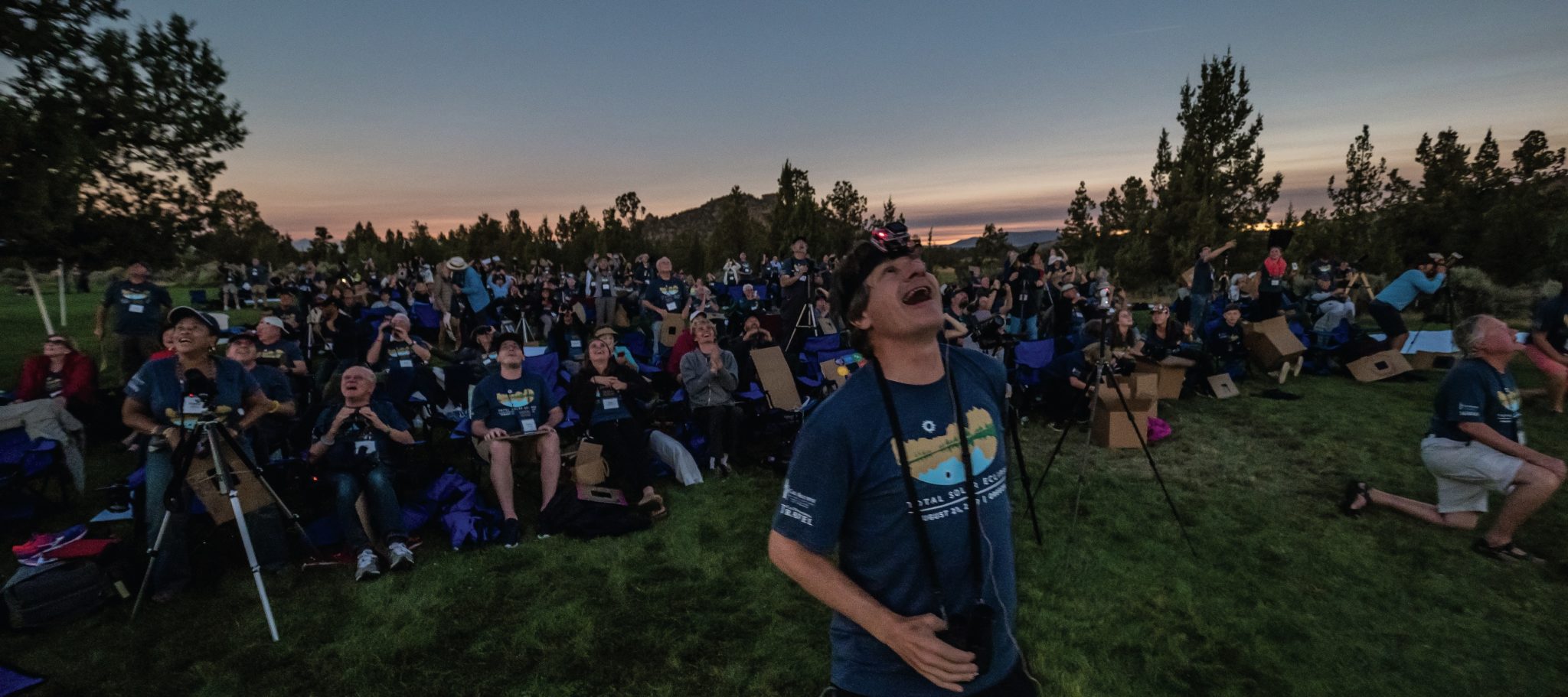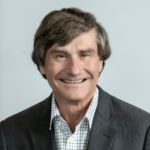
LS C70U / Astronomy C10
Introduction to General Astronomy
Physical Science
This course is designed to provide, for both non-science and science majors, a description of the fantastic Universe in which we live. We cover the structure and evolution of planets, stars, galaxies, and the cosmos as a whole, gaining insights into amazing objects like quasars, exploding stars, neutron stars, and black holes. Recent newsworthy events such as the detection of planets around other stars, the possible evidence of primitive life on Mars, and the discovery of gravitationally repulsive “dark energy” are also featured. Major themes include our origins (such as the origin of the chemical elements, stars, planets, and life), the methods by which astronomers investigate and eventually understand various aspects of the Universe, the scientific unification of many seemingly disparate phenomena, and the excitement felt by astronomers doing groundbreaking research on some of the most far-out topics imaginable. This course will inspire students to become more inquisitive about the world around them, and will develop their skills in arriving at conclusions based on logical, physical reasoning.
Distinguished Teaching Award; Donald Sterling Noyce Prize for Excellence in Undergraduate Teaching; Carnegie/CASE National Professor of the Year; Astronomical Society of the Pacific’s Richard H. Emmons Award for excellence in the teaching of college-level introductory astronomy for non-science majors (2010); AAS Education Prize (2022)
Terms Offered
- Fall 2024
- Fall 2023
- Fall 2022
- Spring 2022
- Fall 2020
- Fall 2019
- Fall 2018
- Fall 2017
- Fall 2016
- Fall 2015
- Spring 2015
- Spring 2014
- Spring 2013
- Fall 2011
- Fall 2010
- Fall 2009
- Fall 2008
- Fall 2007
- Fall 2006
- Fall 2005
He brought a true drive and wonder for astronomy and the cosmos with every lecture and always left me with something to think about. He altered the way I thought about the world and the universe as a whole. I have never been so fortunate to have an instructor like Alexei Filippenko.
— Student in fall 2024 class
Professor Filippenko is quite possibly the only one who could convince me to stay on campus till past 10pm talking about the intricate nature of our universe.
— Student in fall 2023 class
The final lecture of the course, combined with the knowledge we gained throughout the course, changed my whole view on life. It made me cry. It was a lecture I know I'll be thinking about for the rest of my life.
— Student in fall 2023 class
A professor like Dr. Filippenko reminds me that attending Berkeley might just be the greatest privilege of my life.
— Student in fall 2023 class
Taking a class with Alex has been on my bucket list ever since I watched The Universe. It was so wonderful to learn more about the field that got me interested in science in the first place and learn about it from someone so enthusiastic about the subject matter, and teaching it to others.
— Student in fall 2022 class
Alex is an absolute legend! His ability to take extremely mind boggling ideas and distill them down into smaller pieces in order for students to get the "big picture" is inspirational. Alex always encourages questions. And when he answers them, his explanations are able to provide not just an answer, but an answer which provokes further curiosity that generates even more questions and critical thinking about the topics. For a semester, we all got to stand on the shoulder of a giant and learn from one of the greats!
— Student in fall 2022 class
Prof Filippenko liked to include demonstrations with his teachings. They often stopped my heart, as he seemed to be bouncing all over the stage, but experiencing and then rewatching those lectures not only brought joy, but a sense of understanding that is seldom had.
— Student in fall 2022 class
Professor Filippenko teaches every lecture like a story. I can tell how much time he's put into fine tuning the information he shares with us and making sure his students have enough of a base knowledge of different concepts that we can fully appreciate the truly exciting things about astronomy. He packs so much information into his lectures, and he does it with clarity and in such a way that everything builds on a solid foundation of what came before it. He makes lectures interactive, by having us answer his questions, and throughout his lectures he takes time to pause and answer questions from students, too. His office hours are extremely welcoming: he holds them immediately after class and makes sure they're a space for curiosity and exploration from all students. He makes sure to ask everybody's names, and then remembers them when you ask questions later on. This is a massive class (I think close to 900) but even so, I feel like I know Alex Filippenko, and, at least a little bit, he knows me.
— Student in fall 2022 class
